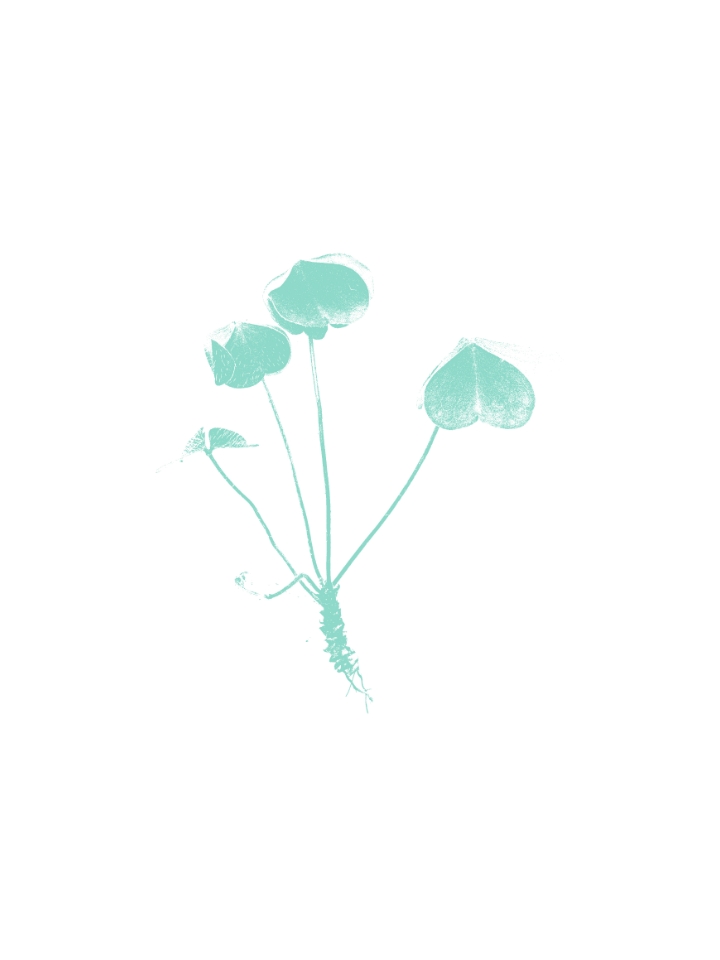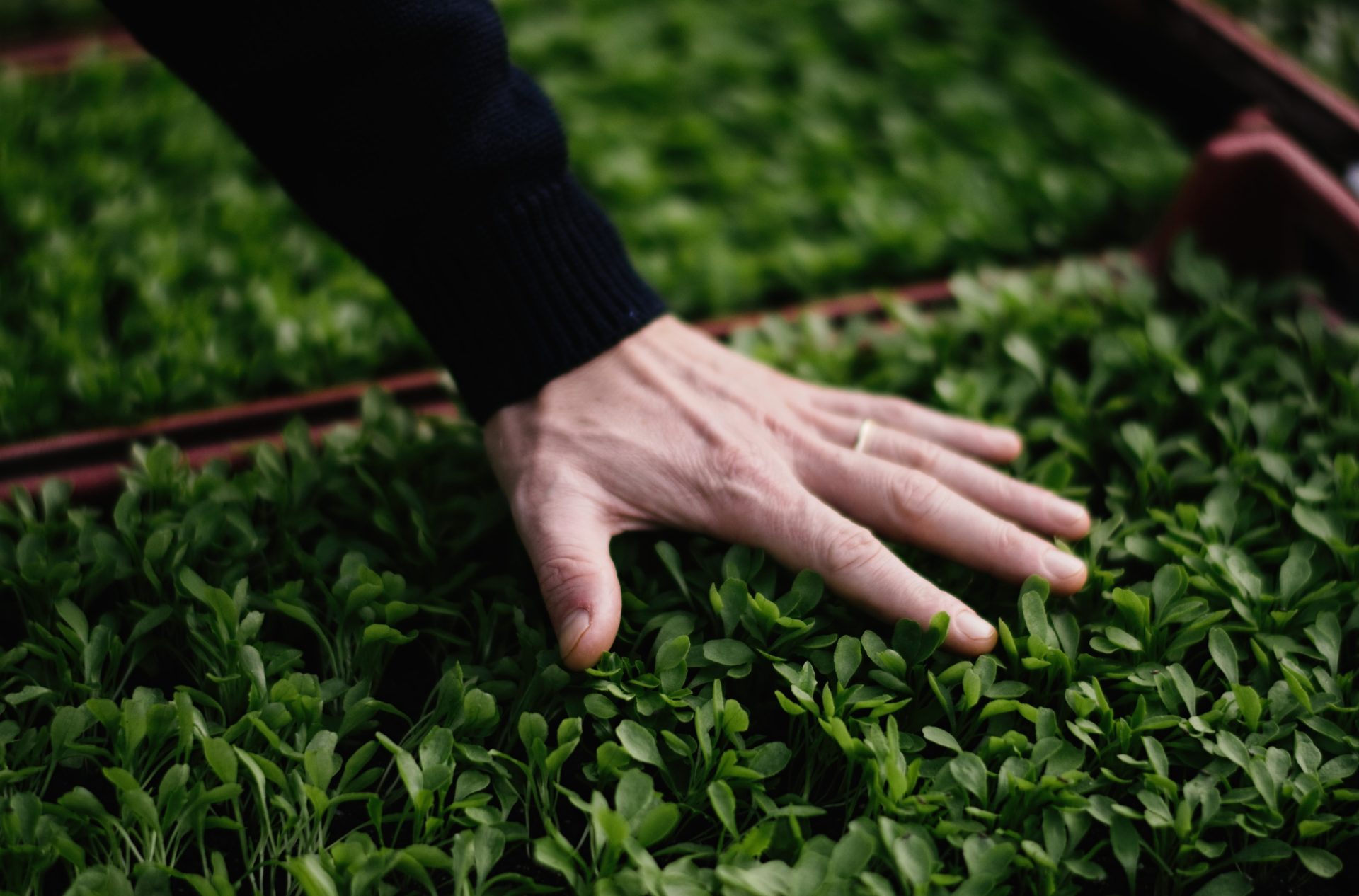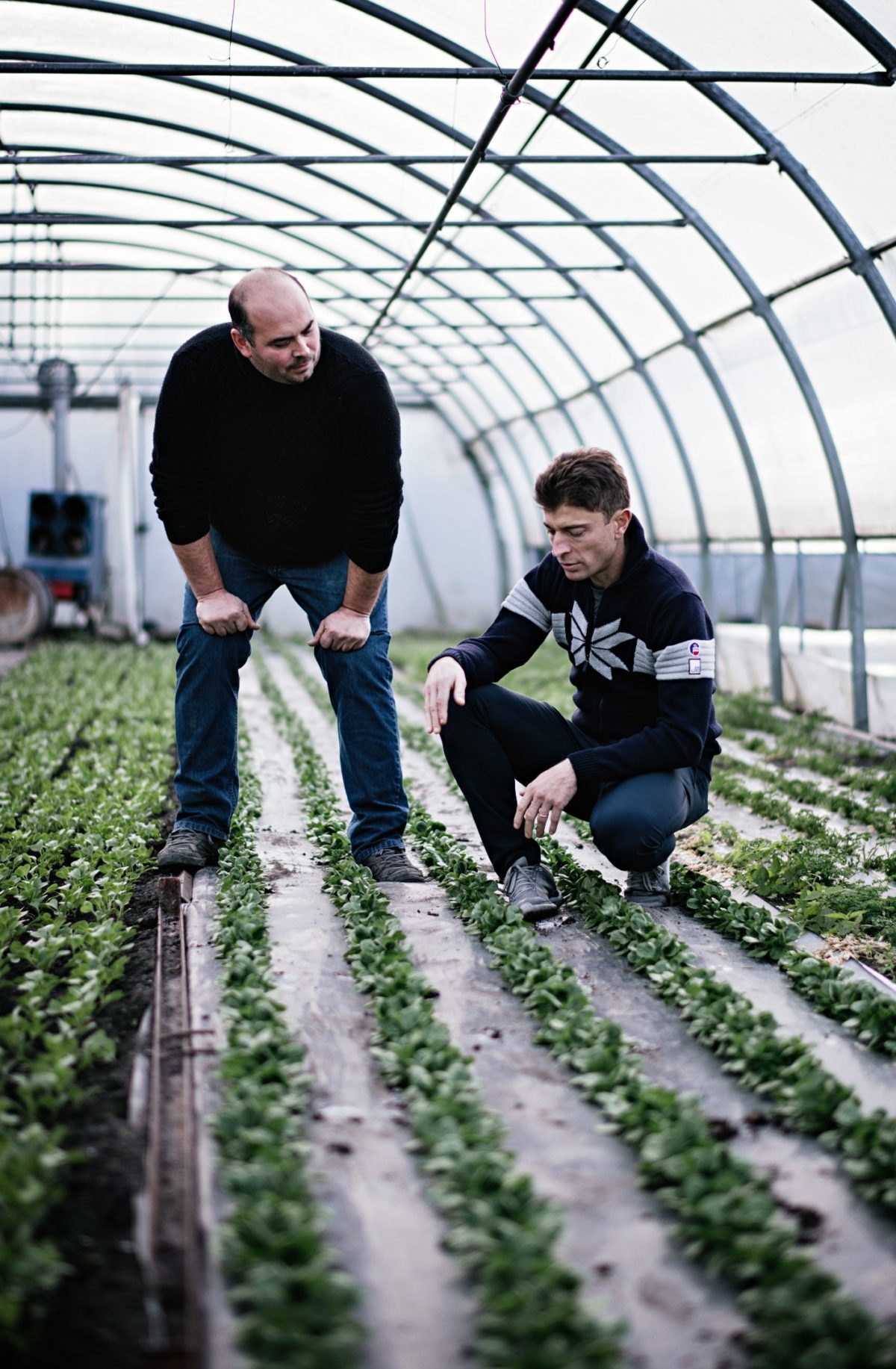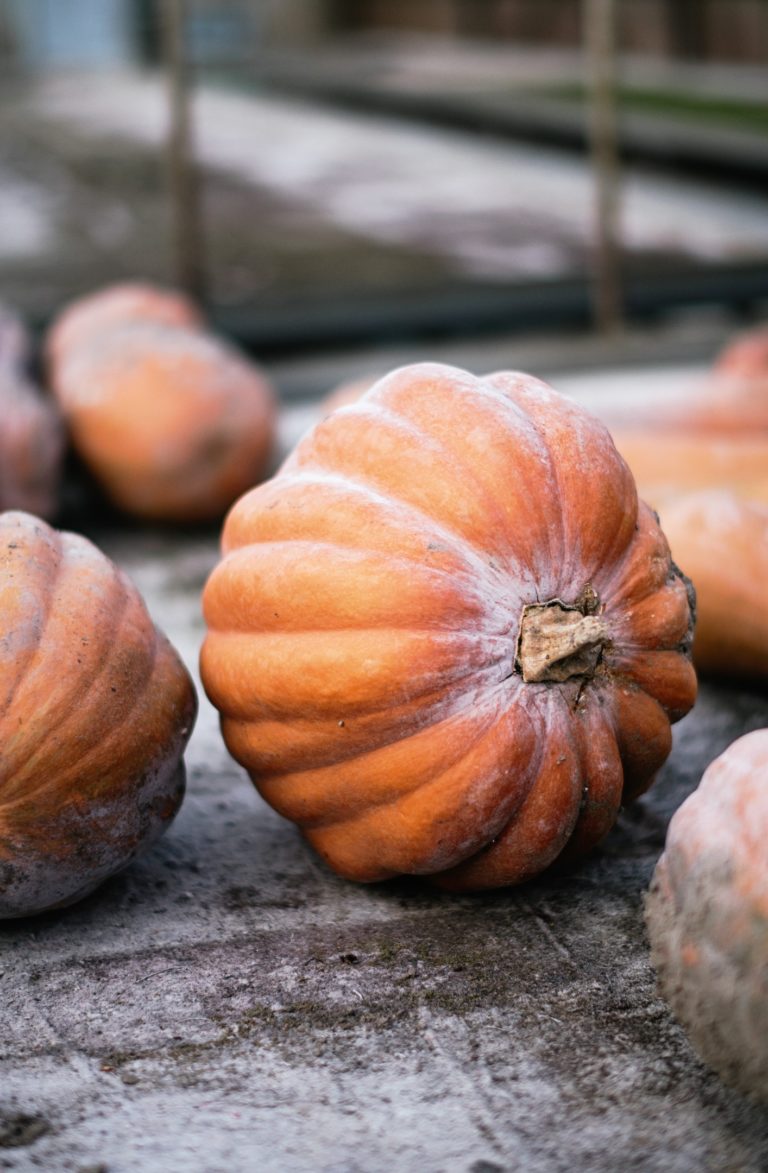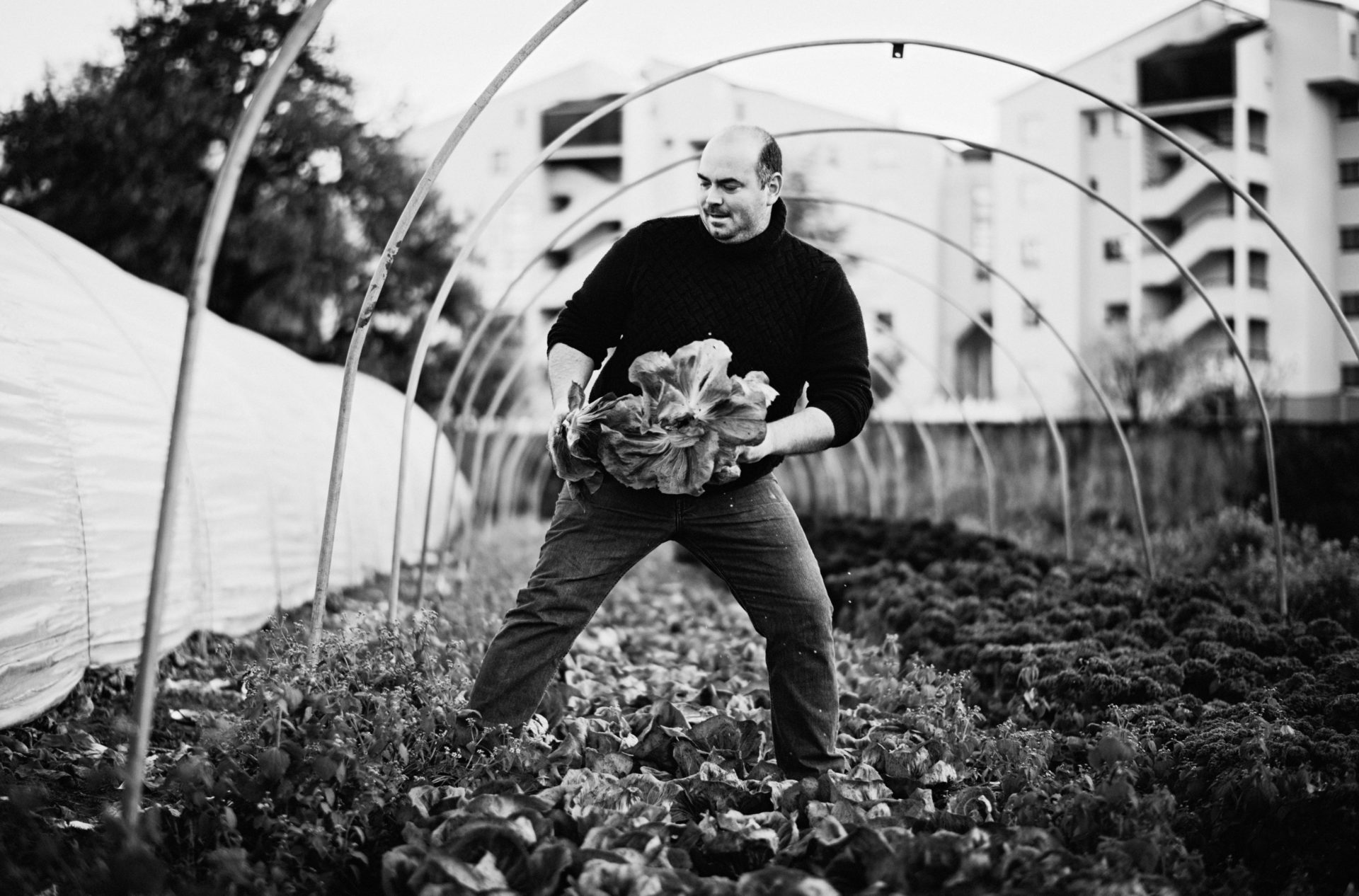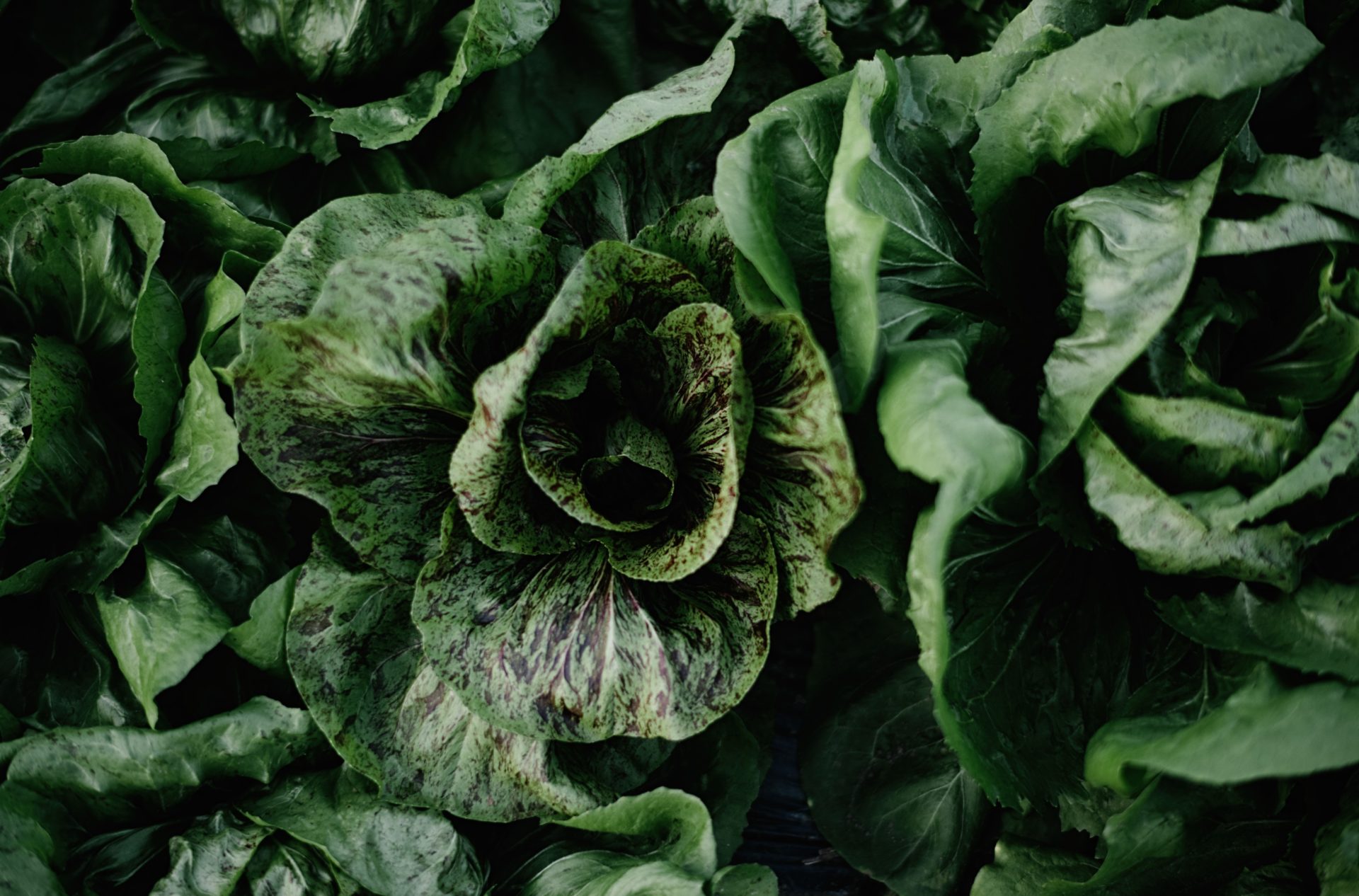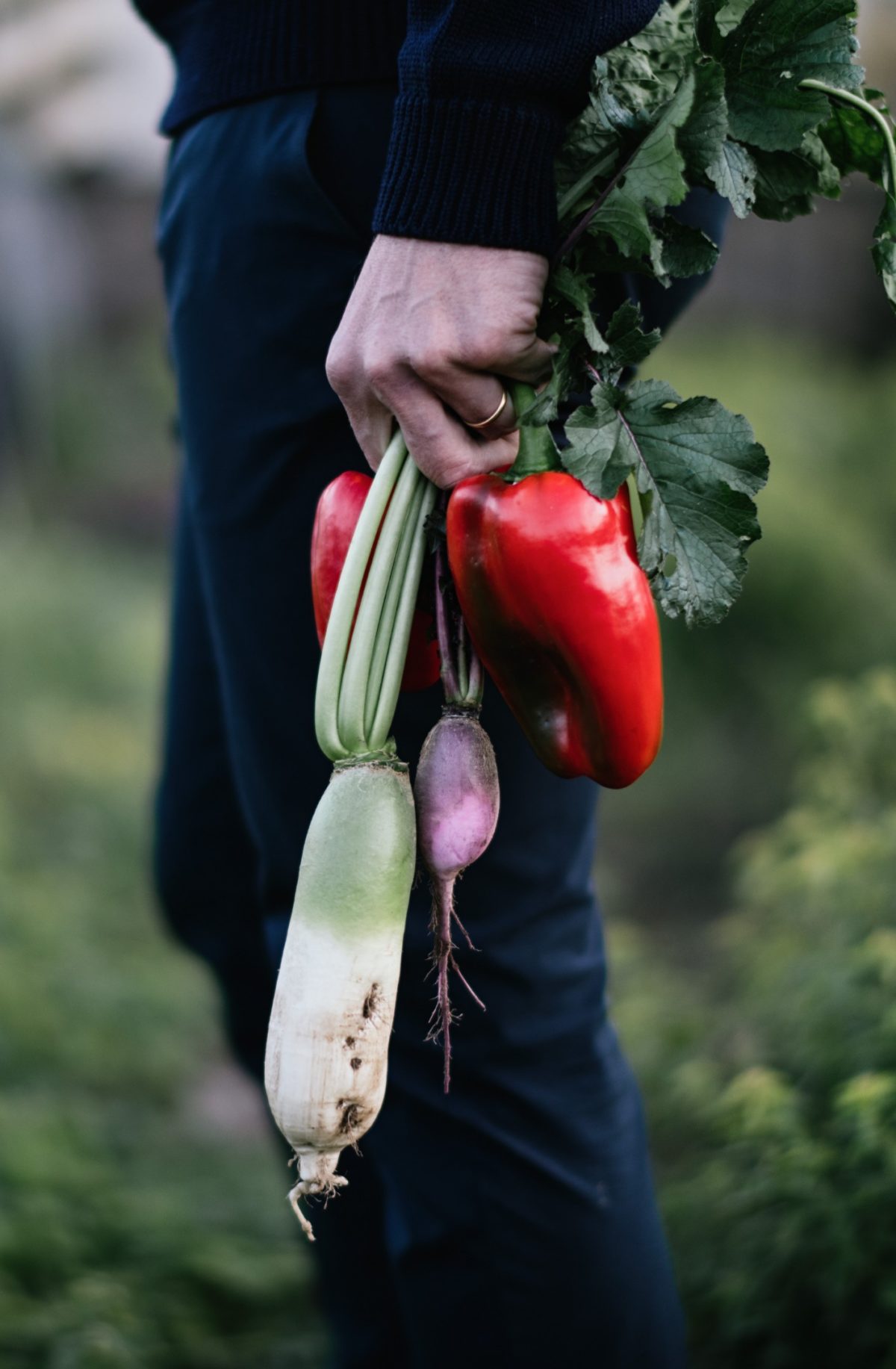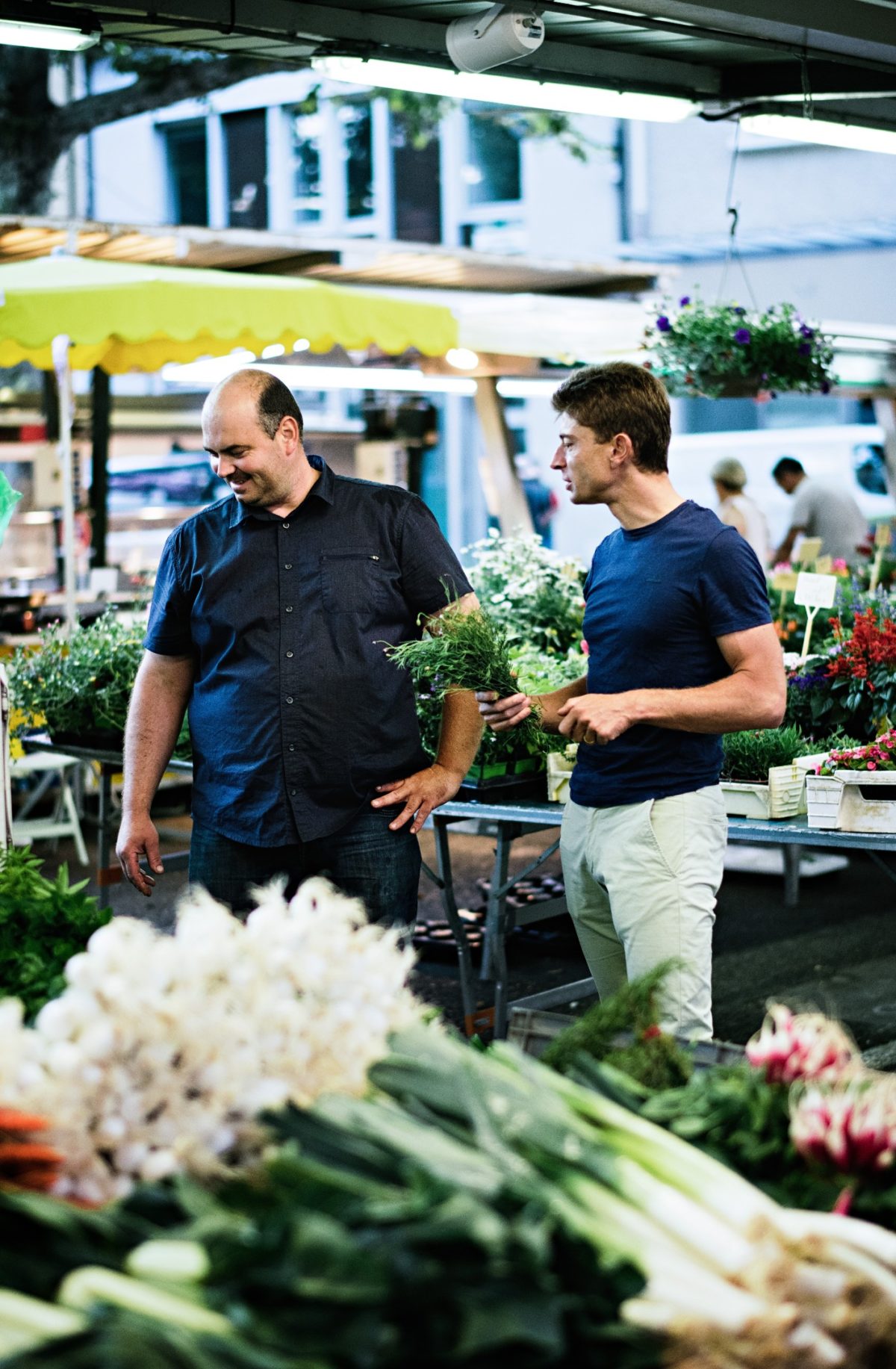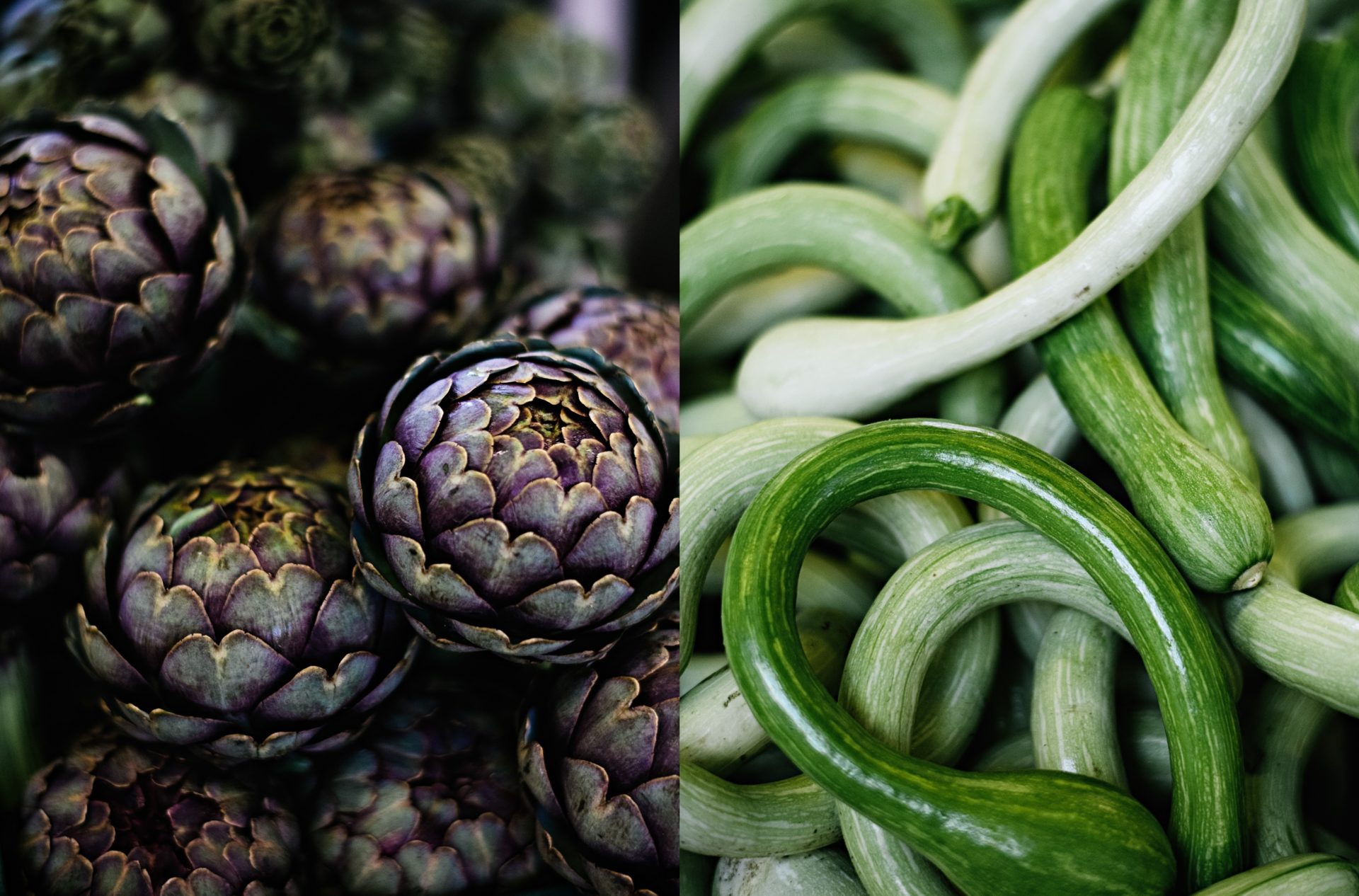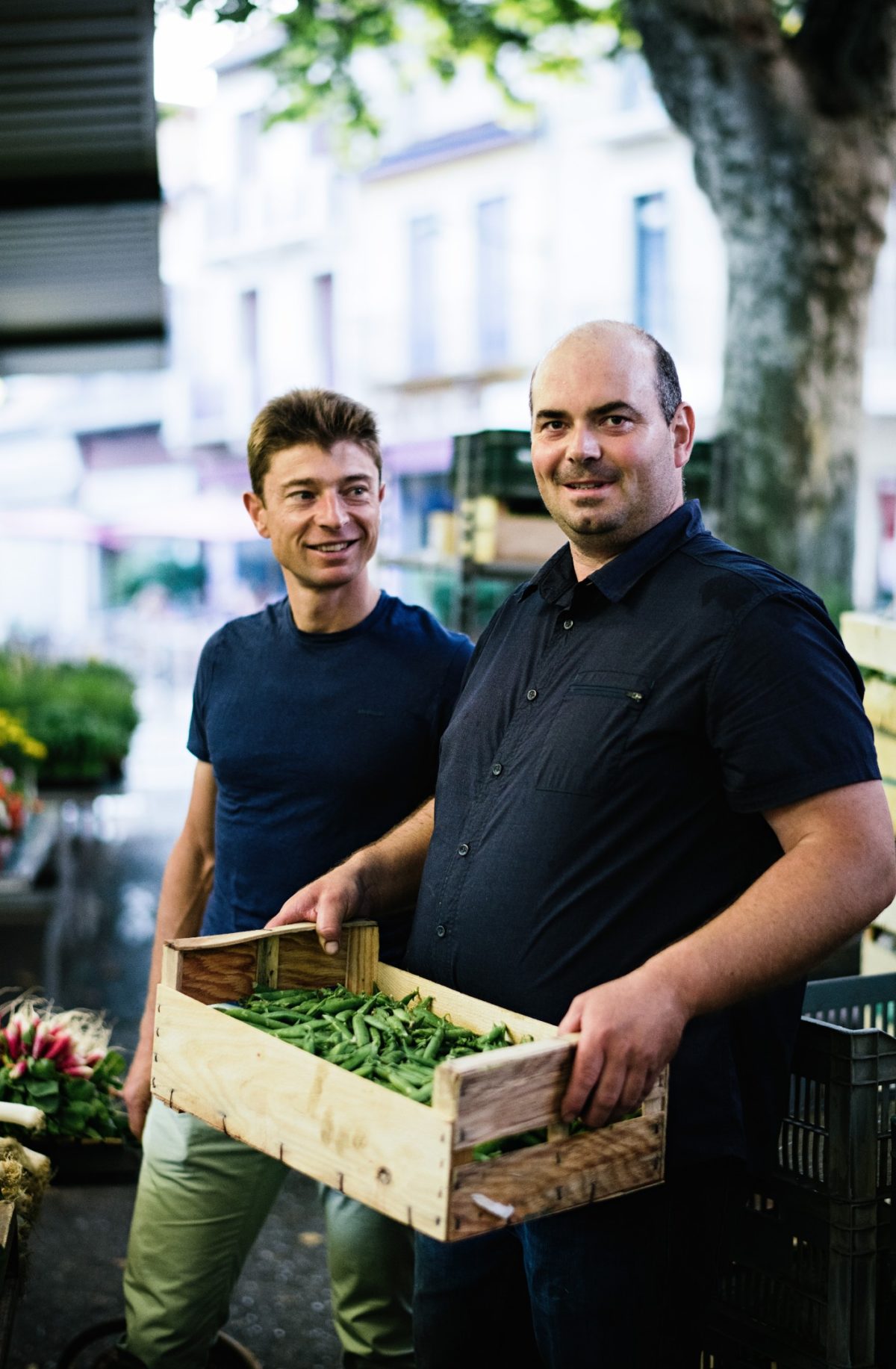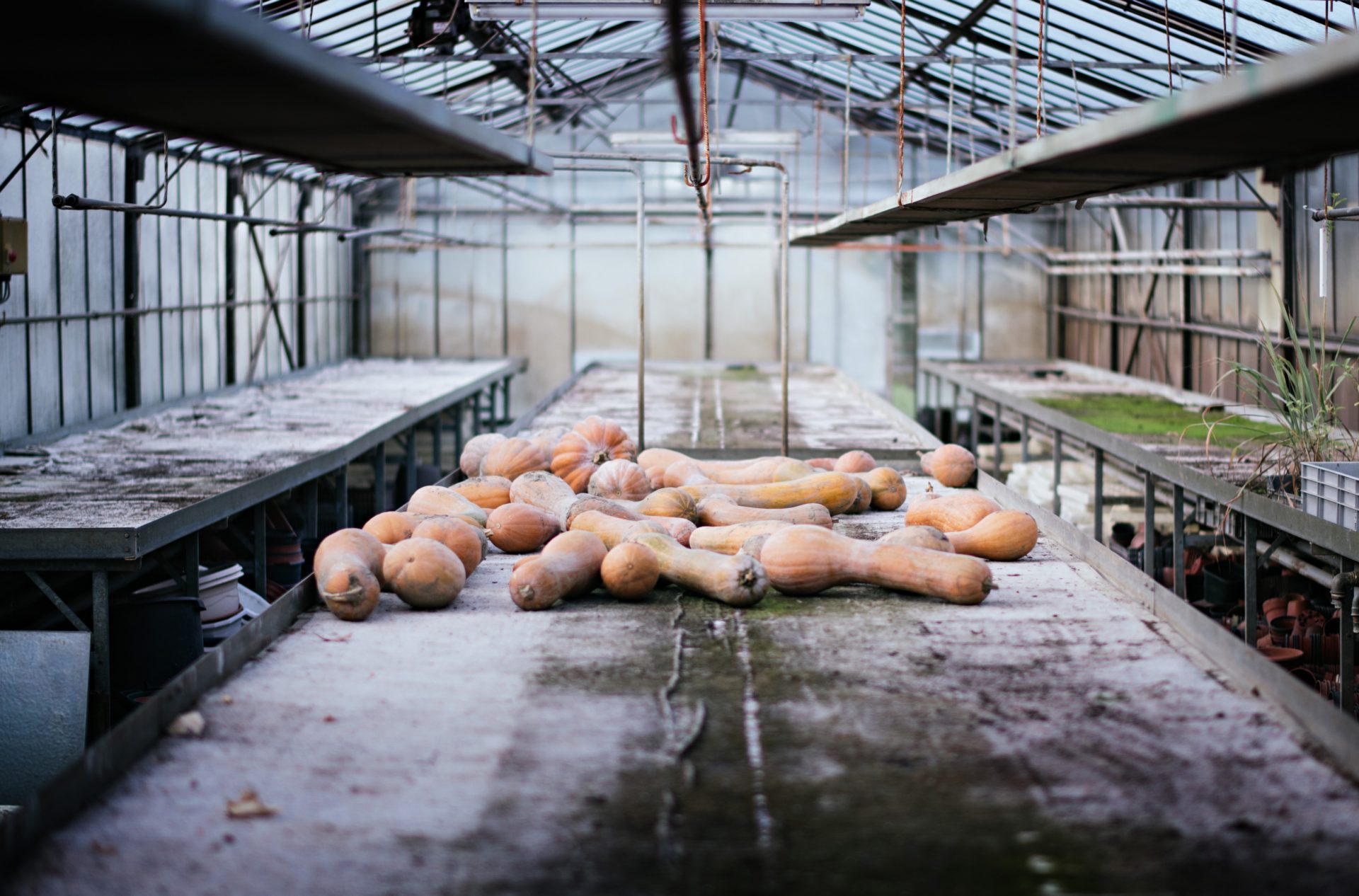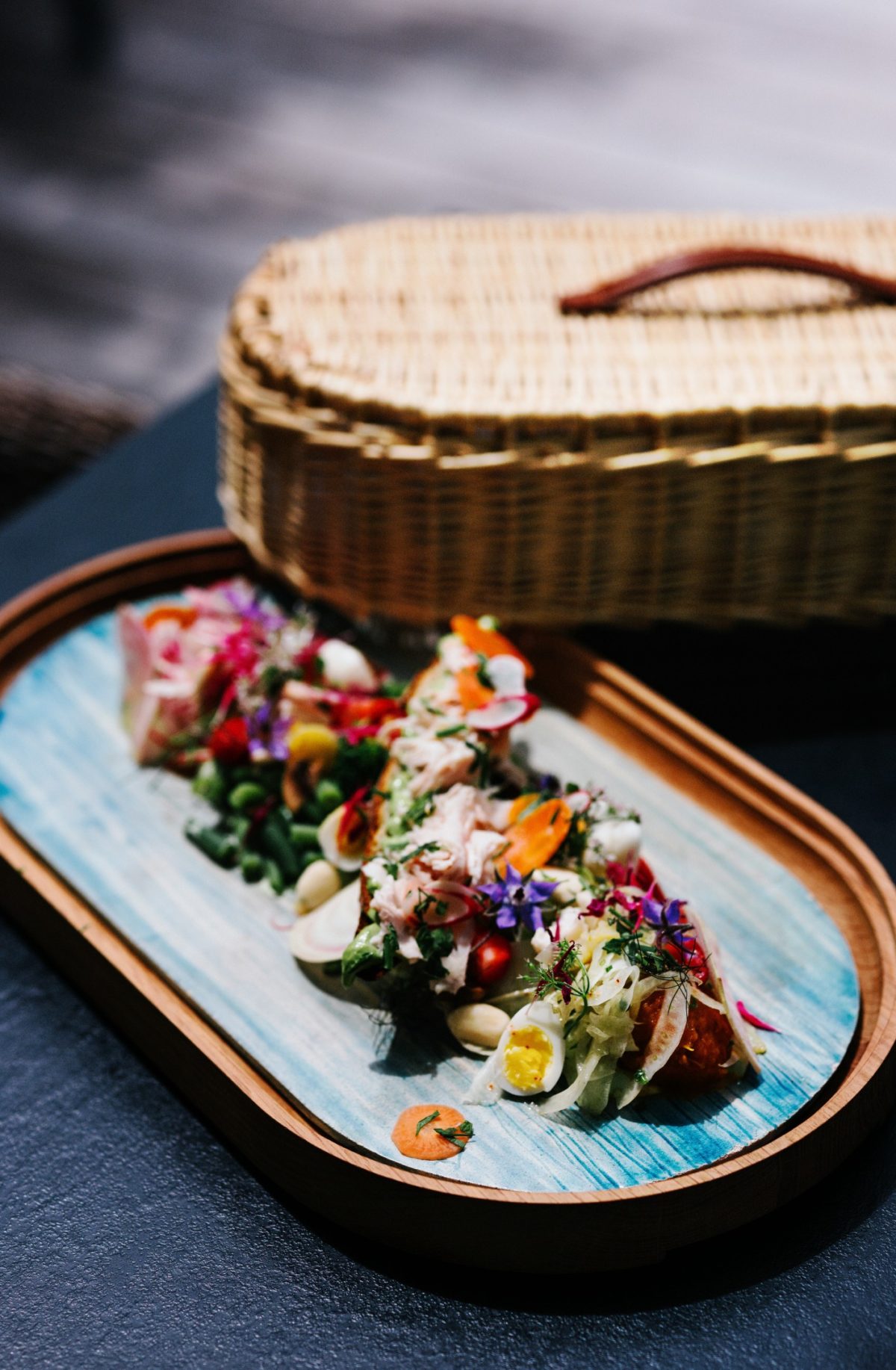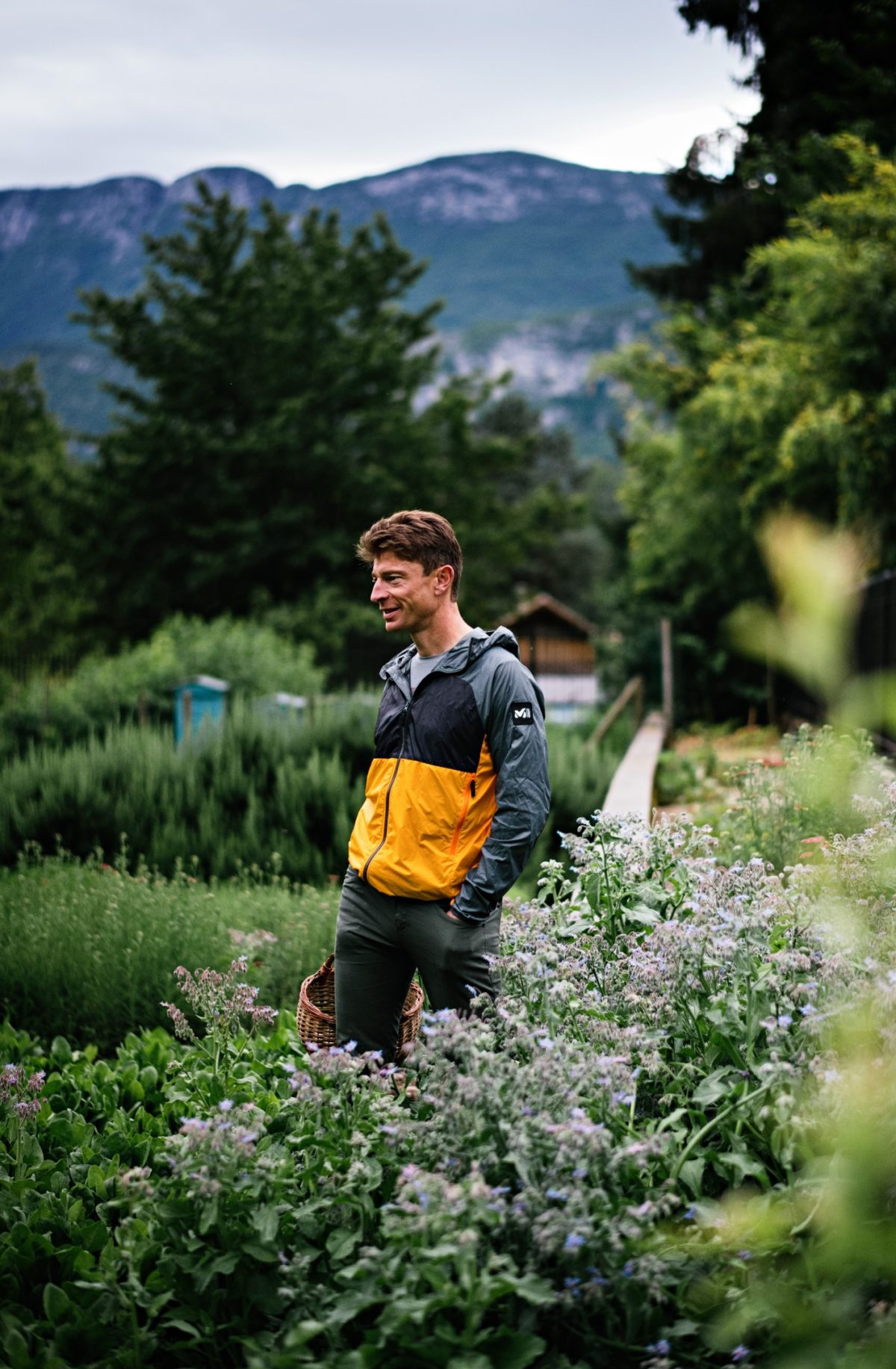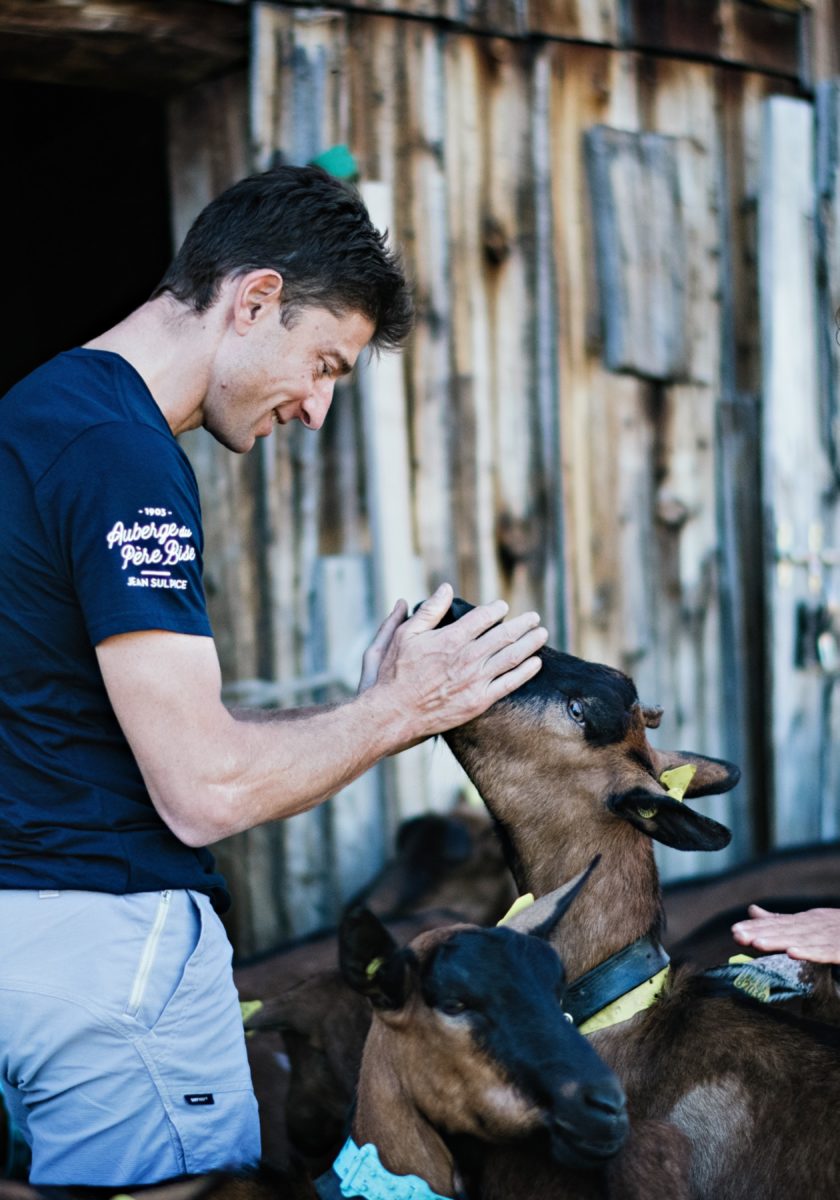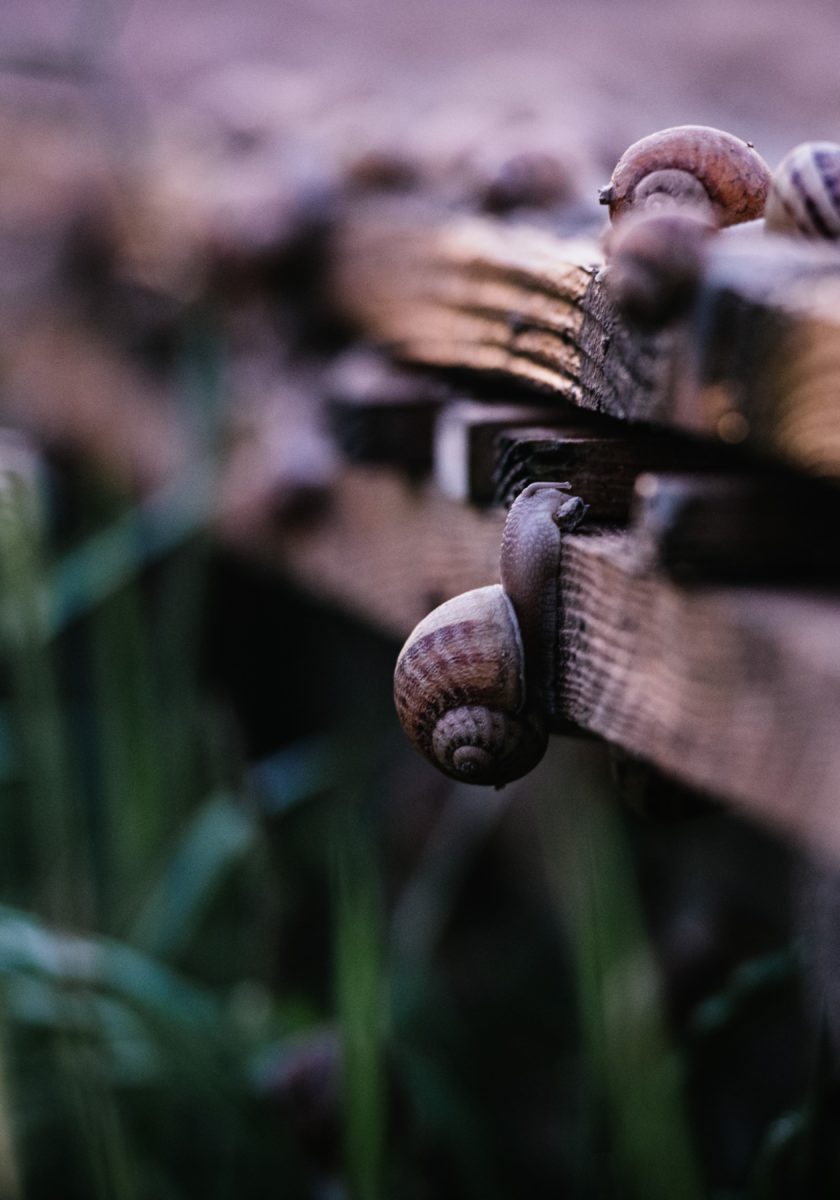5 generations
The Favrin establishment was born before the Great War in 1906. Through time, neither the global conflicts nor the climatic disorders got the better of their domain. Impossible to remove them from their land, the family stays curious, with a passionate taste for the green heritage of their land. “We were born here, and we will die here.” Pierre Favrin sums up, always in activity. He continues: “My father worked until he was 85 years old with - as he always said - dirty hands. I think you simply cannot live without it when you’re in it. We have this passion within, this life that settles deeper each season.”
Now Carine and Sébastien Favrin - brother and sister - run the farm, and with knowledge, the ancestral experience continues to bring out of the earth herbs, vegetables and exceptionally cultivated flowers. In Aix-Les-Bains, under the lacustrine influence of Le Bourget, the family century-old plot is rich in light soil where the green people flourish throughout the seasons.
